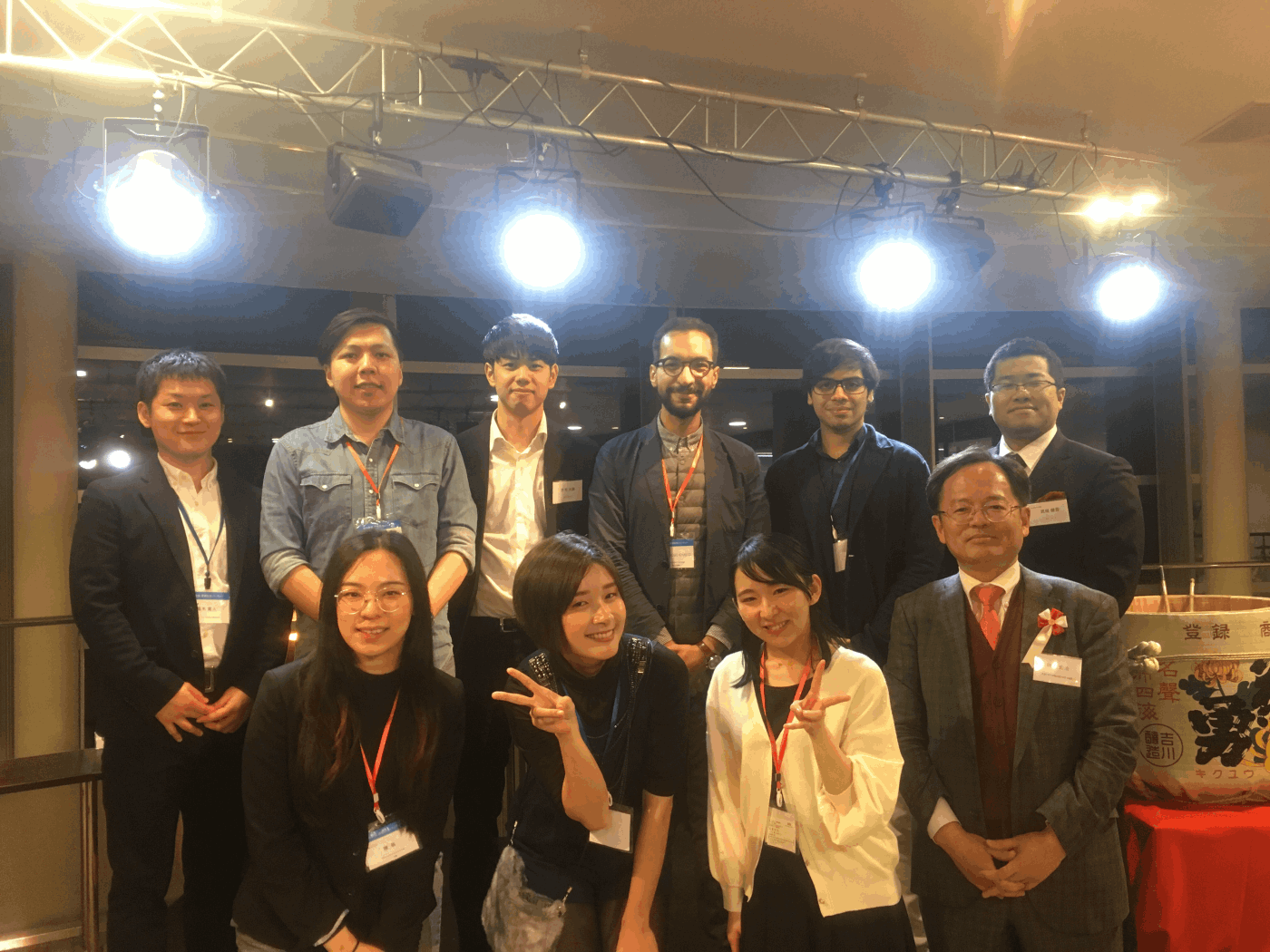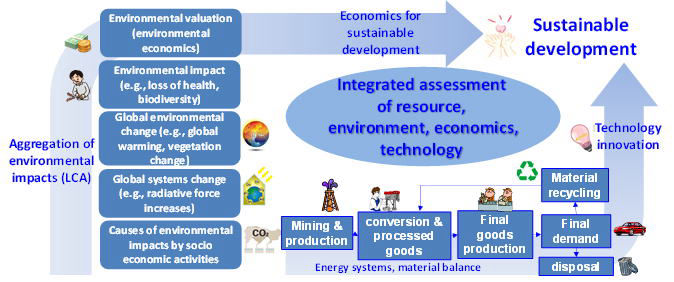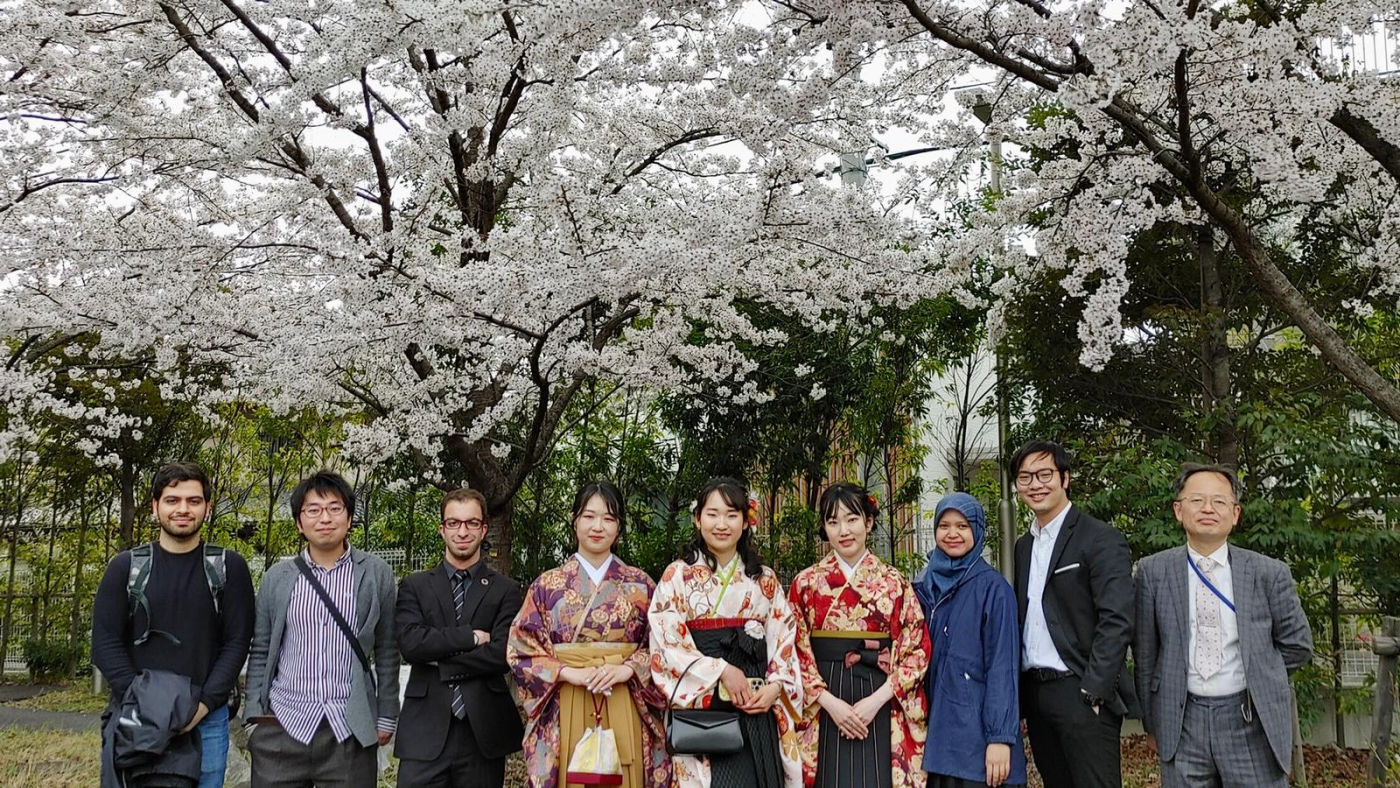Research area
Our main mission is contributing to the society by promoting research and education about the relationship between technologies and socio-economics
We seek for social significance based on understanding of science and technology. The principle is contributing to our society through research. The strength point of Tokyo-Tech is being one of the world's top research institutions, for stand-alone technology.
However, the weakness is insufficiency of technological integration, based on only science and economics. Our laboratory basically apply Tokyo-Tech's rich educational and research assets (energy science and engineering, energy systems, social science and technology, innovation, resources and environment development economics, etc.), and further hope to extend these research assets.
The education idea is to see through the student's desired research field and support their self-realization. Our students usually have their own prespective, from various backgrounds with different visions of life.
They spend their valuable 2 to 5 years in this graduate school. We hope that students can manage to carry out their own self-realization, trying new research topics and methods; teachers will also support and do business efforts for the same goal. We sincerely believe that the hard work will become a source of new innovation in Society.


